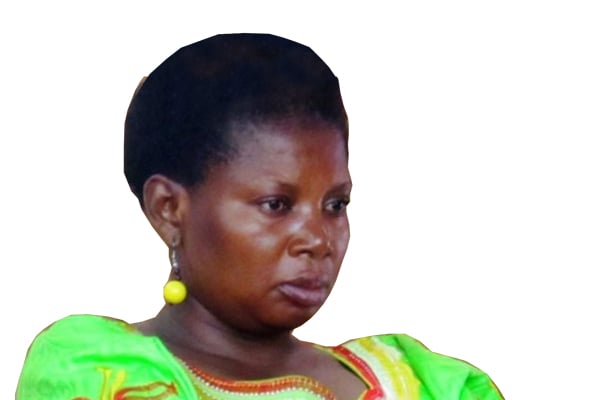Prime
Court of Appeal judges in Gulu over case backlog

Judicial officers. Court of Appeal justices Kenneth Kakuru (right), deputy Chief Justice Alphonse Owiny-Dollo, and Remmy Kasule at Gulu High Court on November 25, 2019. PHOTO BY TOBBIAS JOLLY OWINY
What you need to know:
- Mr Conrad Oroya, the regional president of the Uganda Law Society, said the decision by the court to sit in Gulu offers an opportunity to victims who cannot go to Kampala.
Three Court of Appeal judges have pitched camp in Gulu for two weeks to hear and pass judgment on 45 cases.
The cases, which range from murder, defilement and armed robbery, have been filed at the court since 2012.
Yesterday, the head of the court, Deputy Chief Justice Alphonse Owiny-Dollo, opened the session at Gulu High Court that will be presided over by justices Percy Tuhaise, Remmy Kasule and Kenneth Kakuru.
Justice Kasule said the decision to hold a session at Gulu High Court was informed by the need to dispose of the huge case backlog.
“Because of this, we decided that this court should come and handle issues of the ordinary people from the ground instead of them travelling all the away to Kampala,” he said.
Duration
Justice Kakuru added: “We plan to be here for two weeks to complete the appeals and come back to deliver judgment on them. We have already had a meeting with the lawyers in Kampala in preparation for this session.”
Ms Margret Orik Obonyo, the Aswa region prisons commander, welcomed initiative, saying they have so many inmates who have filed appeals.
Mr Conrad Oroya, the regional president of the Uganda Law Society, said the decision by the court to sit in Gulu offers an opportunity to victims who cannot go to Kampala.
“The cost of travel is high and relatives of the accused persons will have an opportunity to come and attend the court. Certainly, this contributes to decrease in case backlog,” Mr Oroya said.
During the opening session, Justice Owiny-Dollo warned lawyers against promoting personal interests when seeking justice for their clients.
“I am saying, maintain your integrity. You are not a trader and that is why they don’t give you a licence but a certificate to show that this is a professional person who qualifies to help the courts of law deliver justice,” he said.




